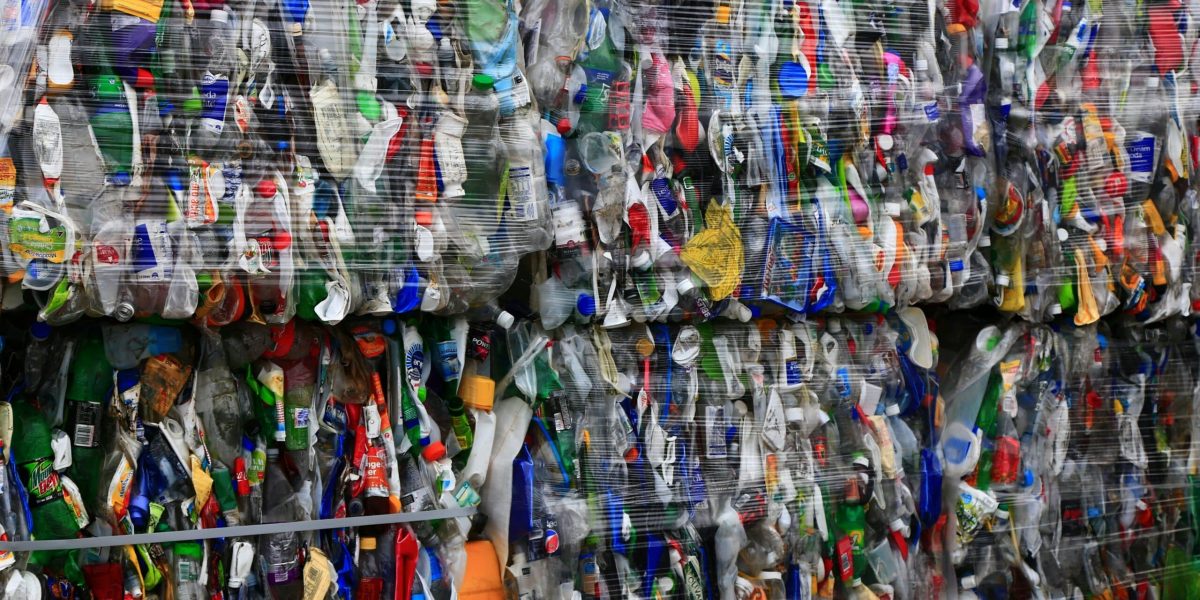As environmental concerns continue to rise, recycling and waste management have become crucial in ensuring a sustainable future. Communities, businesses, and individuals are increasingly turning to better waste management practices to reduce the environmental impact of their waste. With innovative solutions and a commitment to sustainability, the path to a cleaner planet is becoming clearer. This article delves into the importance of recycling, best practices for waste management, and how these strategies help in building a more sustainable future.
Why is Recycling and Waste Management Important for a Sustainable Future?
The need for effective waste management is more critical than ever. The global population is growing, and so is the amount of waste produced. According to studies, recycling is one of the most effective ways to reduce the burden on landfills, conserve natural resources, and minimize pollution. By diverting waste from landfills and reusing materials, recycling helps reduce the strain on the environment and ensures that valuable resources are not wasted.
Recycling is crucial for reducing greenhouse gas emissions. When waste is incinerated or sent to landfills, it releases harmful gases like methane and carbon dioxide into the atmosphere. However, by recycling materials such as paper, plastic, and metals, we can avoid these harmful emissions, contributing to cleaner air and healthier ecosystems. Sustainable waste management practices not only protect the environment but also support the fight against climate change.
At its core, sustainable waste management focuses on reducing the volume of waste generated, reusing items where possible, and recycling materials to keep them in circulation. By embracing these practices, we can create a circular economy where waste is minimized, and products and materials are reused and recycled, reducing the need for raw materials.
How Can Individuals and Businesses Adopt Sustainable Waste Management Practices?
Individuals and businesses alike can play a significant role in promoting sustainable waste management. For individuals, the process starts with simple actions such as reducing waste at home. This can be achieved by purchasing products with minimal packaging, opting for reusable containers, and composting organic waste. By reducing the waste we produce, we can help decrease the overall demand for waste disposal services and reduce the strain on waste management systems.
Businesses, too, have an important role to play. By implementing green initiatives like switching to paperless communication, offering recycling bins, and using eco-friendly packaging, companies can reduce their environmental footprint. Additionally, businesses can support sustainable supply chains by sourcing products from companies that prioritize sustainability in their manufacturing processes.
For larger-scale waste management efforts, cities and municipalities can improve recycling programs by increasing access to recycling bins and educating the public about proper recycling techniques. Public-private partnerships are also a powerful tool in driving large-scale waste management initiatives. By working together, governments and businesses can design and implement efficient recycling programs that meet the needs of local communities.
What Are Some Innovative Approaches to Recycling and Waste Management?
Innovation plays a key role in the future of recycling and waste management. From advanced technologies that improve the efficiency of recycling processes to new materials designed to be more sustainable, the possibilities are endless.
One exciting innovation is the development of smart waste management systems. These systems use sensors and data analytics to monitor waste levels and optimize collection routes. This reduces fuel consumption and ensures that waste is collected on time, helping to streamline the process and reduce emissions.
Another promising approach is the use of chemical recycling. While traditional recycling methods rely on physical processes like sorting and melting, chemical recycling breaks down plastics into their basic building blocks, which can then be used to produce new plastic products. This method holds the potential to recycle a wider variety of plastics, including those that are currently non-recyclable, thereby reducing plastic waste.
The rise of waste-to-energy technologies is transforming how we deal with non-recyclable waste. Through processes like anaerobic digestion and pyrolysis, organic waste can be converted into biogas or electricity, while other waste materials can be turned into fuels or valuable chemicals. These technologies provide an alternative to traditional landfill methods and help reduce the amount of waste that ends up in landfills.
How Does Recycling Contribute to Resource Conservation?
Recycling is about conserving resources. By reusing materials like metals, plastics, and paper, we reduce the need to extract virgin resources, which can have significant environmental impacts. For example, recycling aluminum saves up to 95% of the energy required to produce new aluminum from raw materials, making it a highly energy-efficient process.
It reduces the need for raw material extraction, which often leads to habitat destruction, deforestation, and water pollution. For instance, mining for metals can harm ecosystems and pollute local water supplies. By recycling these materials, we can reduce the environmental damage caused by resource extraction.
Recycling also helps preserve biodiversity. By reducing the need for new materials, recycling can reduce the strain on natural habitats and minimize the environmental destruction that comes from activities like mining and logging. This allows ecosystems to remain intact, supporting biodiversity and the health of the planet.
What Can We Do to Improve Recycling Rates?
Despite the numerous benefits of recycling, many communities still struggle with low recycling rates. One of the most effective ways to improve recycling is through education and awareness. People need to understand what can and cannot be recycled, as well as the environmental benefits of doing so. Schools, communities, and businesses can all play a part in spreading this knowledge and encouraging individuals to recycle more effectively.
Improving infrastructure is critical. Cities need more accessible recycling bins in public spaces, and businesses should make recycling easier for employees and customers. Technological advancements that streamline the recycling process, like automated sorting systems, can also help improve recycling efficiency and reduce contamination, making recycling programs more effective.
Investing in recycling research and new technologies is also essential. By continuing to innovate, we can develop new ways to recycle materials that are currently not recyclable, such as certain plastics and mixed materials. Governments and private companies should work together to fund research that makes recycling processes more efficient and effective.








